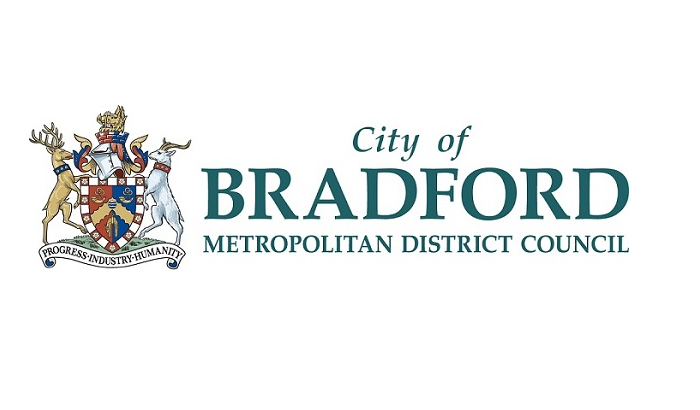
Government coronavirus regulations on travel mean that you must self-isolate for 14 days if you arrive in the UK from a country which is not listed as exempt. That’s the message from Bradford’s Director of Public Health.
Travellers and holidaymakers returning from places such as Spain, Portugal, Pakistan, Bangladesh, India and the United States should self-isolate upon their arrival in the UK.
This means that when visitors or returning residents arrive in the UK from one of these non-exempt countries, they will not be allowed to leave the place where they are staying for the first 14 days in the UK.
The rule also applies to travellers who have made a transit stop where passengers can get on or off their mode of travel including train, ferry, coach, air or any other route.
Travellers need to self-isolate because it can take up to 14 days for coronavirus symptoms to appear. If visitors are travelling to the UK for less than 14 days, they will be expected to self-isolate for the length of their stay.
People travelling from exempt countries will not need to self-isolate. For a full list of exempt countries, visit www.gov.uk/guidance/coronavirus-covid-19-travel-corridors#countries-and-territories-with-no-self-isolation-requirement-on-arrival-in-england
Sarah Muckle, Director of Public Health for Bradford Council, said:
“If you are planning a trip abroad, or have friends and family who are currently travelling abroad or are coming for a visit we would advise you to check the list of exempt countries to confirm whether or not they may need to self-isolate upon arrival in the UK.
“The UK government is frequently updating the list of exempt countries so we would urge people to check this list regularly if they have concerns.
“You should not travel at all if you have symptoms of COVID-19.”
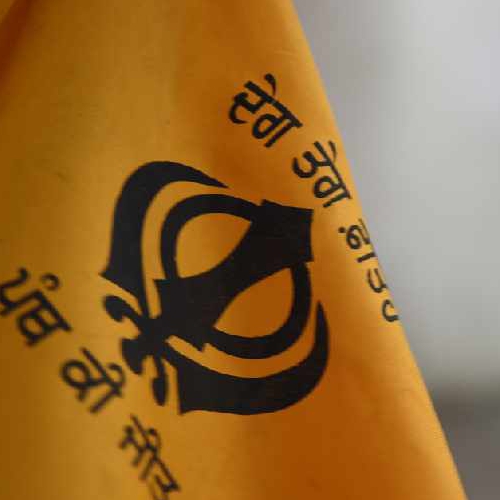
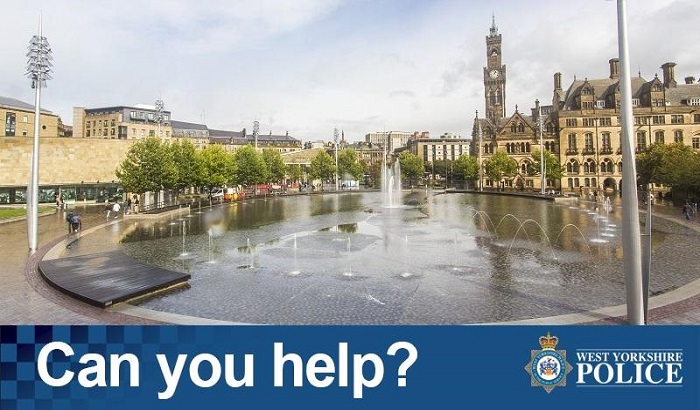 Appeal Following Road Traffic Collision, Great Horton Road, Bradford
Appeal Following Road Traffic Collision, Great Horton Road, Bradford
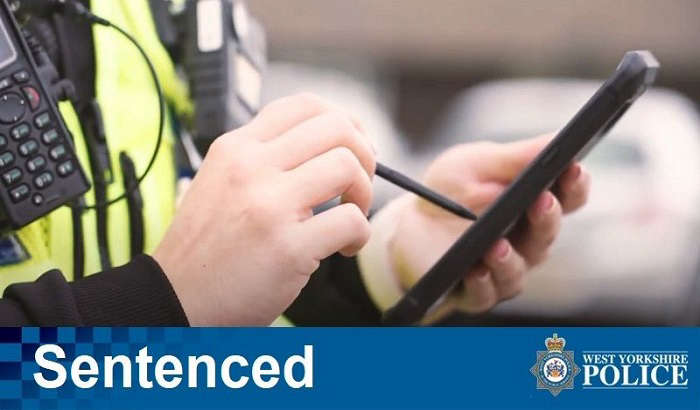 Bradford Man Jailed For Child Sexual Offences
Bradford Man Jailed For Child Sexual Offences
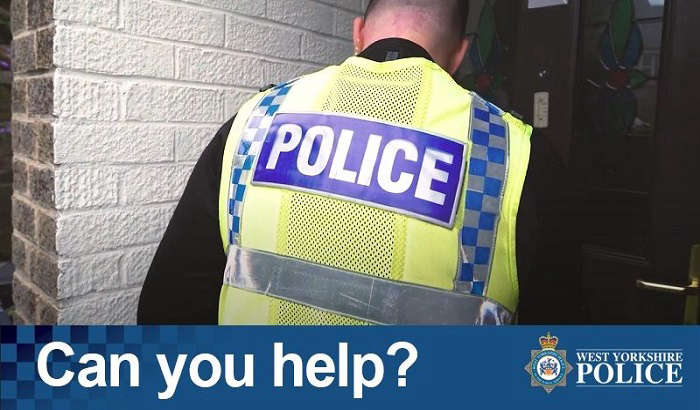 Appeal After Burglary
Appeal After Burglary
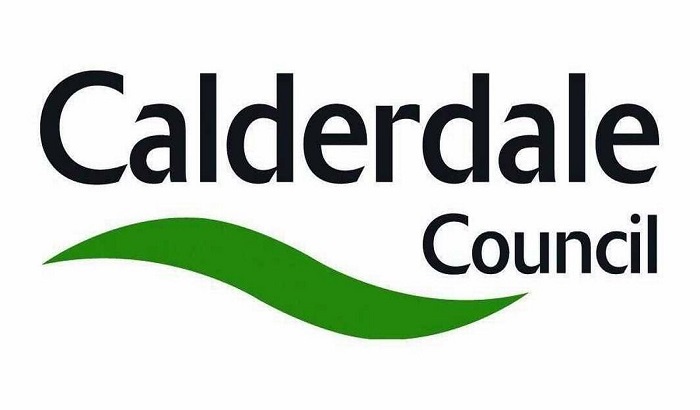 Have your say and help to build stronger communities in Calderdale
Have your say and help to build stronger communities in Calderdale
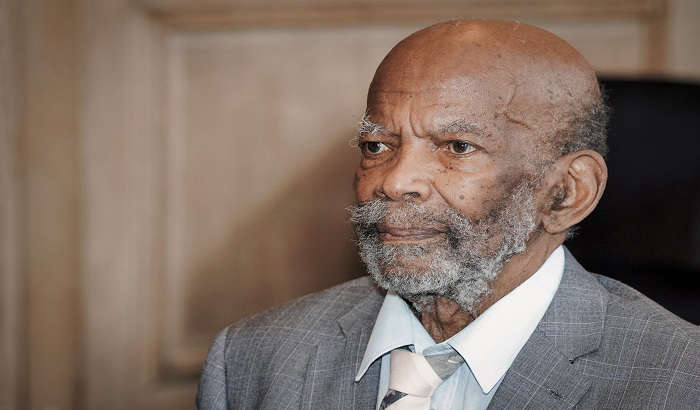 City presents Windrush pioneer with prestigious Leeds Award
City presents Windrush pioneer with prestigious Leeds Award
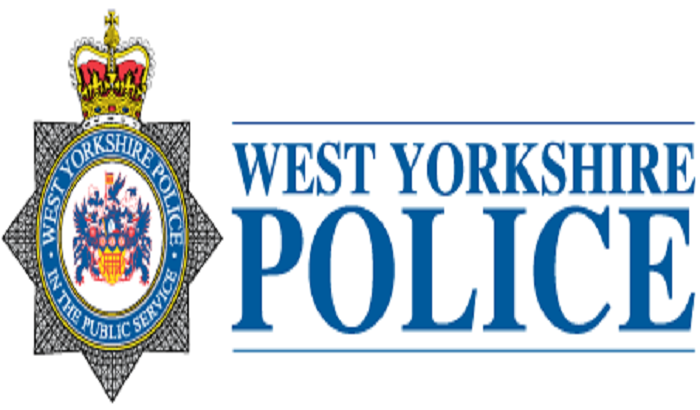 More Than 10,000 Arrests Made By Team Dedicated To Reducing Violent Crime
More Than 10,000 Arrests Made By Team Dedicated To Reducing Violent Crime
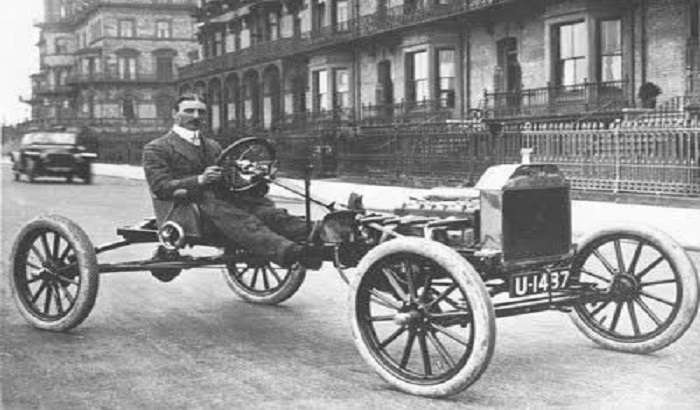 Plate expectations as historic registration could be up for sale
Plate expectations as historic registration could be up for sale
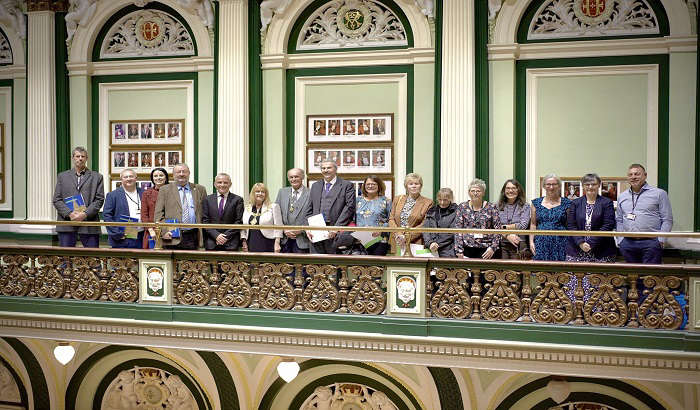 Calderdale: Celebrating over 350 years of service at Council
Calderdale: Celebrating over 350 years of service at Council
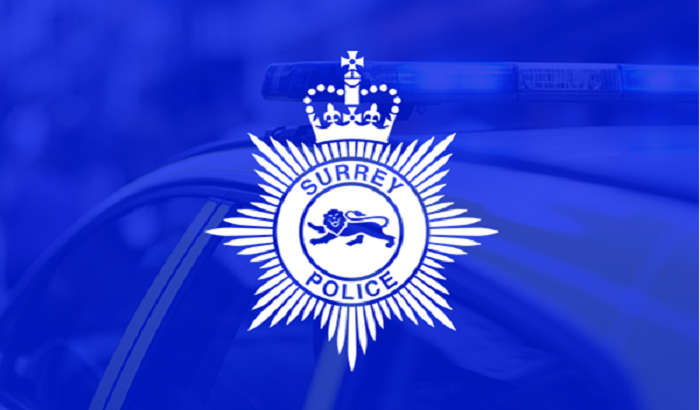 Activists who caused £100,000 worth of damage sentenced
Activists who caused £100,000 worth of damage sentenced
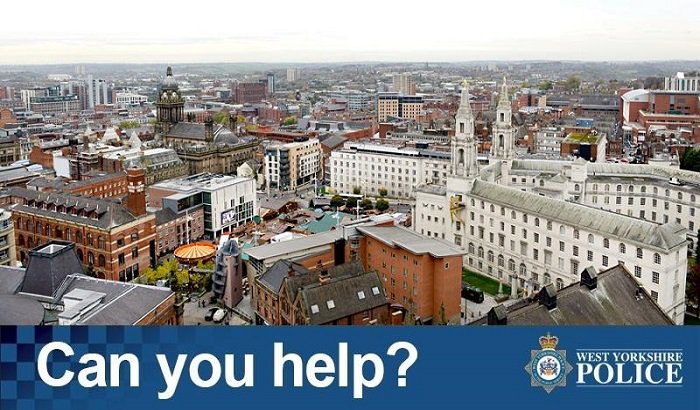 Appeal Following Collision and Death of Man in Otley, Leeds
Appeal Following Collision and Death of Man in Otley, Leeds
 The Golden Era
The Golden Era
 Bhangra Nights
Bhangra Nights
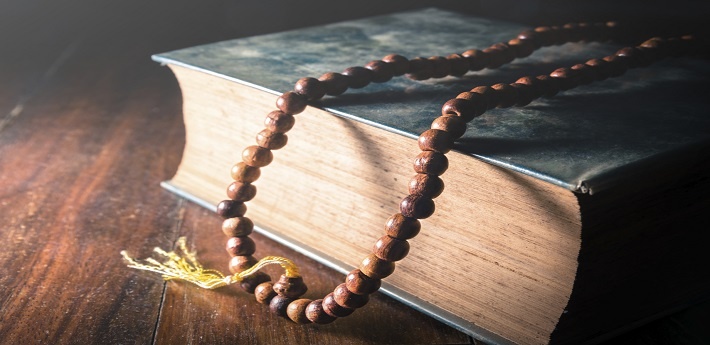 Alim OnAir
Alim OnAir
 Remix Saturdays
Remix Saturdays